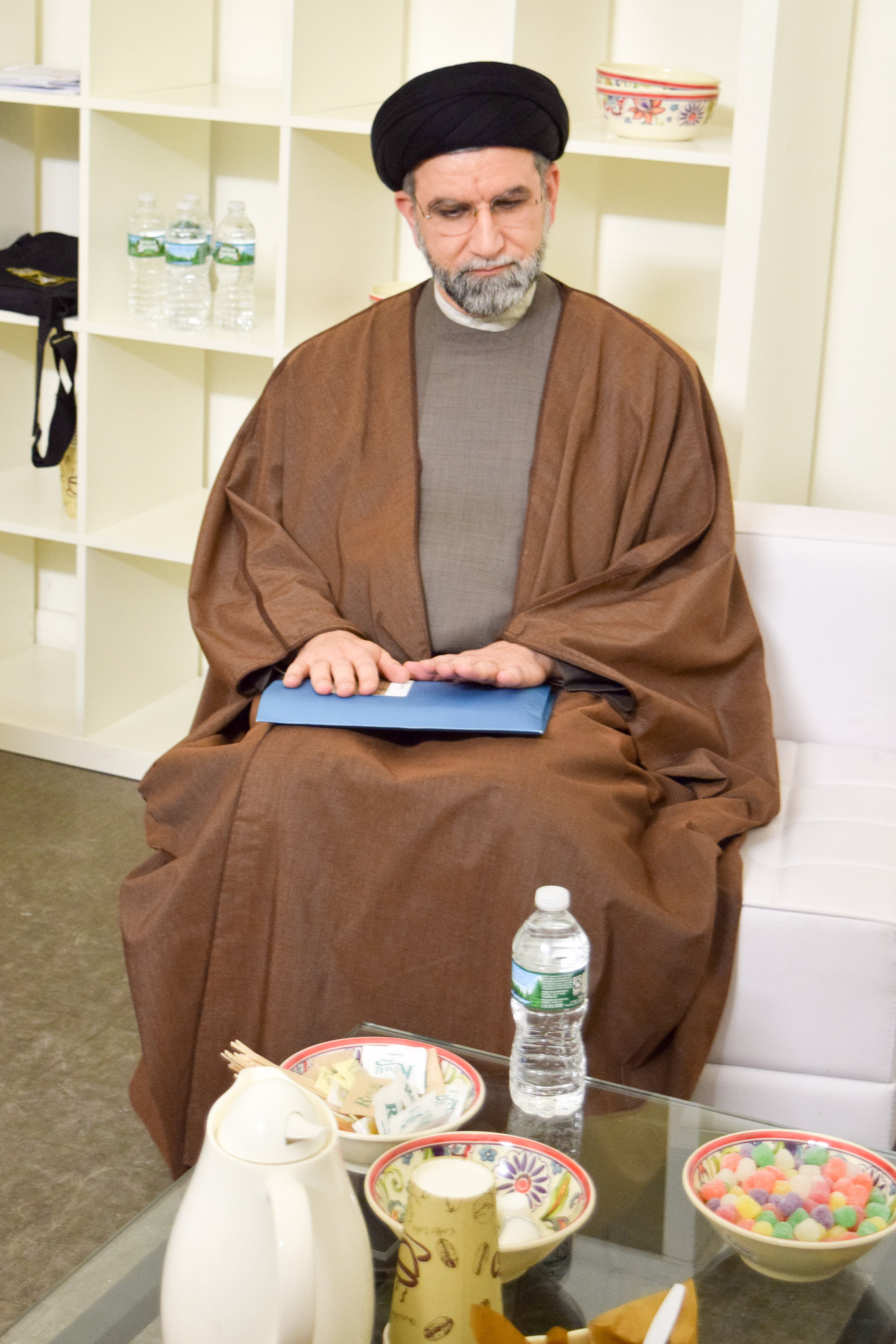Sunday, January 14, 2018
4:00 pm | Auditorium, ground floor
Catholic, Jewish, and Muslim perspectives with Sayyid Mohammad Baqir al-Kashmiri, chairman of Imam Mahdi Association of Marjaeya; Archbishop Christophe Pierre, apostolic nuncio to the United States; and Joseph Weiler, Joseph Straus Professor of Law, New York University; moderated by John McCarthy, dean of the School of Philosophy at The Catholic University of America, Washington, DC.
Representatives of the three main monotheistic religions will share their views on the story of the man considered their father in the faith and on the relationship between God’s involvement in human history and the discovery of one’s own identity.
- - -
Without Abraham, if Abraham had never been, then we would not be here now. So that we cannot understand what the “I” is, the “I” who weeps, laughs, commits himself, the “I” who lives or dies, a man cannot understand himself, nor can he love others as himself, except through God of whom he is born. Otherwise the shape of the event falls apart, blurring its sharpness. We cannot understand the “I” if we do not start from Abraham. God called Abraham. What does this story teach us? That the “I” is vocation, a choice as preference. So that, from the day of that call onwards, the “I” is understood as an event within history. An event of dependence on God and of belonging to God. History is the “I” revealing itself in this vocation, which becomes belonging and dependence. The “I” is understood in time, in this relationship with God that is a history.
~Luigi Giussani, Notes from a talk, January, 2001















